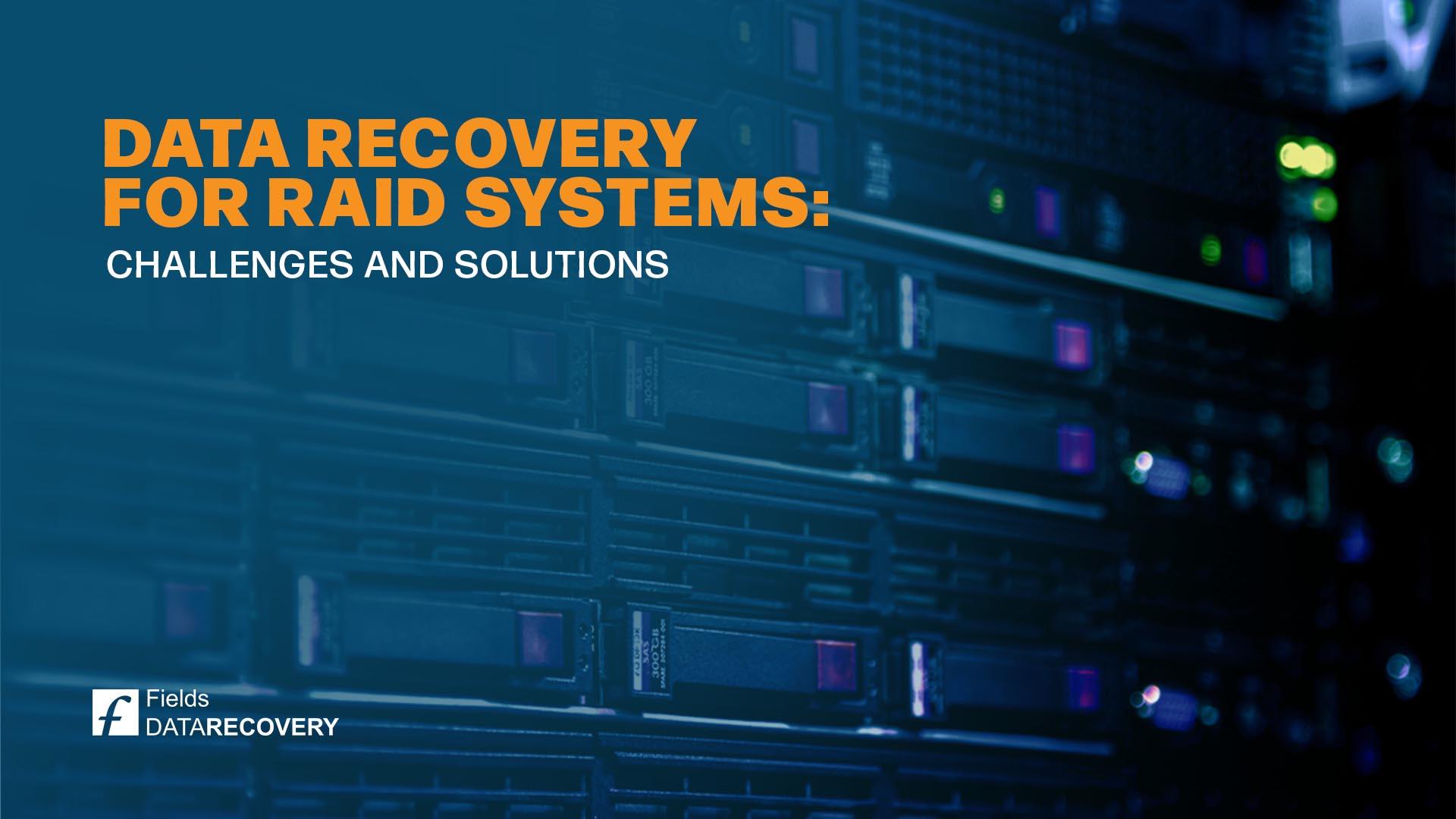Data Recovery for RAID Systems: Challenges and Solutions

RAID (Redundant Array of Independent Disks) systems have been the backbone of data storage and archiving in most enterprises for a long time. However, data loss is one of the inevitable problems that businesses face every now and then in their RAID systems, causing huge losses in terms of time, money, and resources. In this blog, we will explore the challenges faced during data recovery of RAID systems and some of the available solutions to combat those challenges.
1. Understanding the complexities of RAID systems:
RAID systems are complex in nature compared to a single hard drive unit. There are different RAID types, such as RAID 0, RAID 1, RAID 5, RAID 6, and many others. Each RAID type has its own unique way of storing data over multiple drives. For example, RAID 5 uses inter-leaved parity, while RAID 6 uses double parity. Data recovery becomes more complex in these systems compared to a single hard drive unit.
2. The challenges during RAID data recovery:
There are several challenges during the data recovery process of RAID systems, such as hardware damage, software corruption, multiple drive failures, and logical errors. For example, in a RAID 5 system, data recovery is not possible if more than one drive fails, and in a RAID 0 system, any failure means total data loss. Software corruption or logical errors can lead to incomplete data recovery.
3. Available Solutions:
Data recovery in RAID systems requires expertise and specialised tools. RAID data recovery is not a job for DIY enthusiasts or inexperienced technicians. Fields Data Recovery provides specialised data recovery services for RAID systems. Fields Data Recovery have experienced technicians and advanced tools to handle all types of RAID failures and perform successful data recovery. Contact us today so we can assist you in recovering your lost data.
4. Tips to Prevent Data Loss in RAID systems:
Prevention is always better than cure when it comes to data loss in RAID systems. Here are some tips to prevent data loss in RAID systems:
a) Regularly backup your data to a different storage medium or cloud service.
b) Monitor your RAID system for unusual sounds, performance issues, or error messages.
c) Immediately replace a failed hard drive with a new one. Do not wait for other drives to fail.
d) Always use high-quality components for your RAID system.
Conclusion:
RAID data recovery is a complex task that requires specialised knowledge and tools. Experienced data recovery centres in the UK can provide a reliable and successful data recovery service for your RAID systems. However, to prevent data loss, regularly backup your data, monitor your RAID system, and use high-quality components to ensure the best performance. By following these few steps, you can be confident of the safety and security of your business data.
Data loss can happen to anyone at anytime and it’s important to have a recovery service that’s reliable. Fields Data Recovery is a world leading data recovery service who have helped recover data for thousands of companies worldwide. Contact Fields Data Recovery at 0800 083 7891 so we can get your data back to you ASAP.
